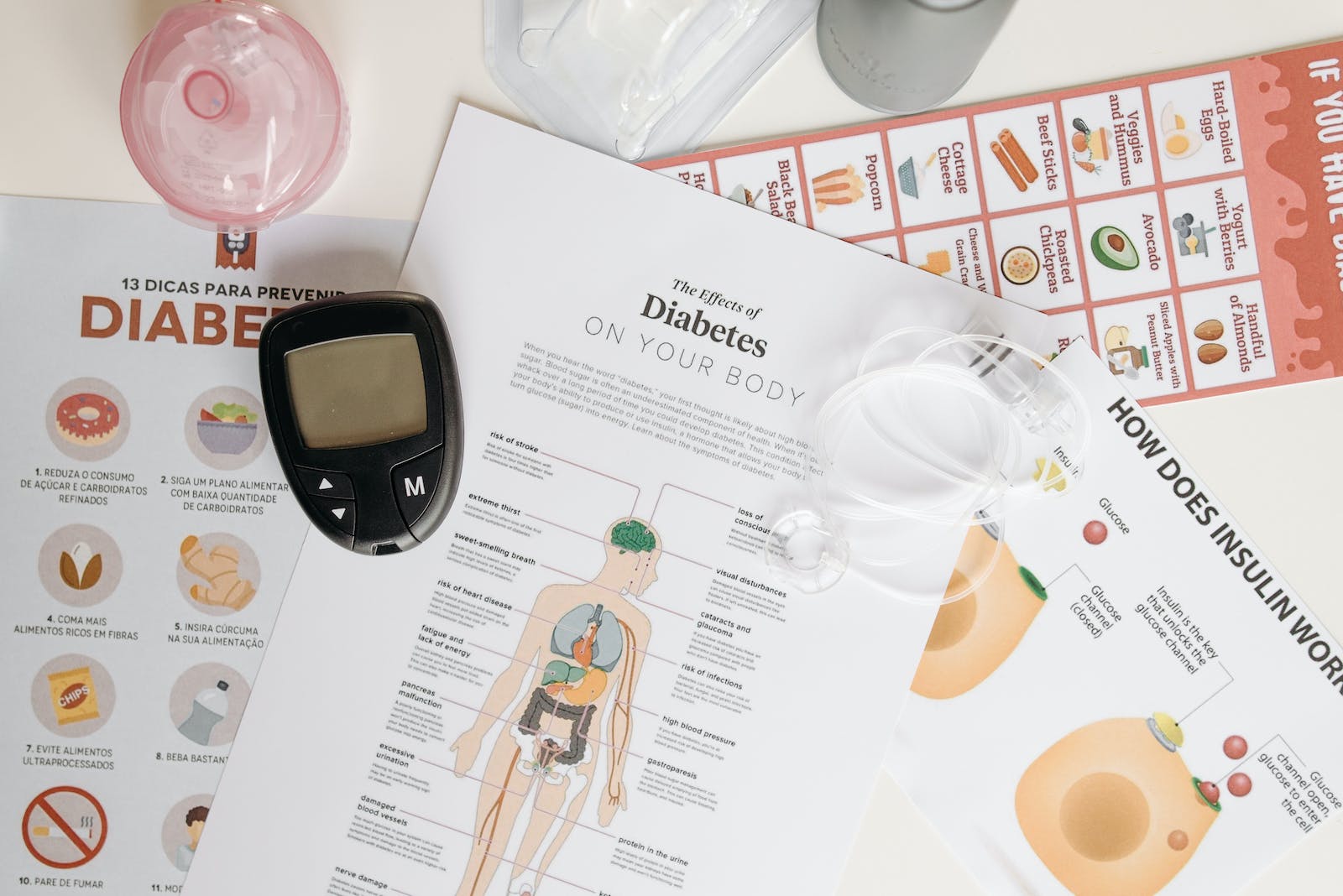Can Diabetes Be Cured?
Diabetes, a chronic condition characterized by high blood sugar levels, affects millions of people worldwide. It comes in various forms, with the most common being Type 1 and Type 2 diabetes. Many individuals diagnosed with diabetes wonder if there is a cure, particularly for Type 2 diabetes, which comprises the majority of cases. In this article, we will explore the possibilities of curing diabetes and the current state of research and treatments.
Understanding Diabetes
1. Type 1 Diabetes: This form of diabetes is an autoimmune condition where the body’s immune system attacks and destroys the insulin-producing cells in the pancreas. Type 1 diabetes is usually diagnosed in childhood and requires lifelong insulin therapy for blood sugar regulation. As of today, there is no cure for Type 1 diabetes, but research in the field of immunology and regenerative medicine offers hope for potential cures in the future.
2. Type 2 Diabetes: Type 2 diabetes is characterized by insulin resistance, where the body’s cells do not respond effectively to insulin. While it was traditionally considered a chronic and progressive condition, there is ongoing debate about whether it can be reversed or cured. Reversal, in this context, refers to achieving normal blood sugar levels without the need for medications or treatments.
Can Type 2 Diabetes Be Reversed?
For Type 2 diabetes, the possibility of reversal is a topic of great interest. It’s essential to clarify the terminology used in the medical field:
1. Remission: Achieving remission means that an individual’s blood sugar levels are within the normal range without the need for medication. However, remission does not imply a permanent cure, as diabetes can reoccur if the underlying causes are not addressed.
2. Reversal: True reversal would mean that an individual no longer has diabetes, and blood sugar control is maintained without the need for medication or lifestyle changes.
Recent research suggests that while Type 2 diabetes cannot be “cured” in the traditional sense, it can often be put into remission through specific lifestyle changes and medical interventions. These changes may include:
1. Weight Loss: Excess body weight is a significant contributor to insulin resistance. Losing weight, particularly around the abdominal area, can improve insulin sensitivity and lead to better blood sugar control.
2. Diet: Adopting a balanced and low-carbohydrate diet can help manage blood sugar levels. Reducing the intake of refined sugars and carbohydrates is essential for those with Type 2 diabetes.
3. Physical Activity: Regular exercise is a key factor in achieving remission. Physical activity helps the body utilize glucose more effectively, improving insulin sensitivity.
4. Medication: In some cases, medication may be necessary to achieve initial blood sugar control. However, the goal is to eventually reduce or eliminate the need for medication.
5. Early Diagnosis: The chances of remission are higher when Type 2 diabetes is diagnosed and addressed in its early stages.
Strategies for Achieving Remission
To work toward remission, individuals with Type 2 diabetes should consider the following strategies:
1. Weight Management: Focus on losing excess weight through a combination of a healthy diet and regular exercise. Consult a healthcare provider or a registered dietitian for a personalized weight management plan.
2. Dietary Changes: Adopt a diet rich in whole foods, including fruits, vegetables, lean proteins, and whole grains. Limit the consumption of processed foods, sugary beverages, and high-carb foods.
3. Physical Activity: Engage in regular physical activity, including both aerobic exercises and strength training. Aim for at least 150 minutes of moderate-intensity exercise per week.
4. Medication Management: Work closely with a healthcare provider to adjust and manage medications as needed. The goal is to eventually reduce or eliminate medication use.
5. Regular Monitoring: Monitor blood sugar levels regularly to track progress and make necessary adjustments to the treatment plan.
The Role of Long-Term Management
Even if Type 2 diabetes is in remission, long-term management is crucial to prevent relapse. This involves maintaining a healthy lifestyle, which includes a balanced diet, regular exercise, and weight management. Regular check-ups with a healthcare provider are also essential to monitor blood sugar levels and overall health.
The Future of Diabetes Research
The field of diabetes research is continually evolving, with scientists and healthcare professionals actively investigating new approaches to better understand and manage the condition. Promising areas of research include regenerative medicine, immunology, and innovative therapies that target the root causes of diabetes. While a definitive cure for diabetes may not be available today, ongoing research offers hope for more effective treatments and potential cures in the future.
Conclusion
In conclusion, the notion of “curing” diabetes is complex and varies depending on the type of diabetes. Type 1 diabetes, characterized by autoimmune destruction of insulin-producing cells, currently has no cure, but research in regenerative medicine shows promise. Type 2 diabetes, on the other hand, can often be put into remission through lifestyle changes and medical interventions. While the term “cure” may not apply directly, the goal is to achieve better blood sugar control and improve overall health. The future of diabetes research holds hope for more effective treatments and potential cures, bringing optimism to those living with diabetes.

